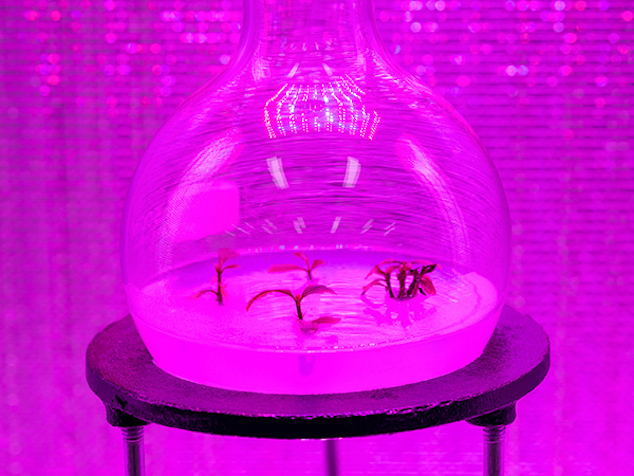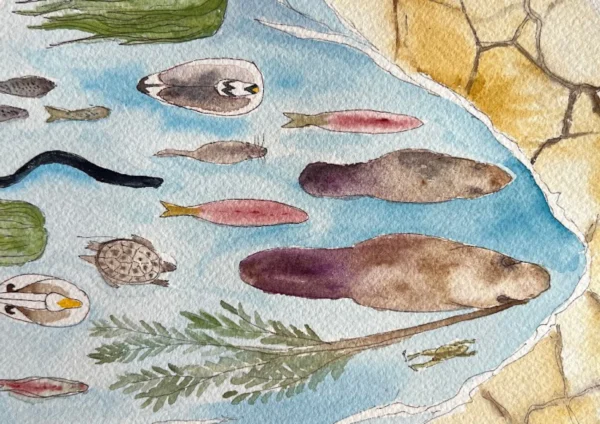
Exposition Météo des forêts
Entre constat des impacts de la crise climatique en cours et possibilité de résilience, l’exposition Météo des forêts propose des…

Crédit image : Christian Kosmas Mayer, The Life Story of Cornelius Johnson’s Olympic Oak and Other Matters of Survival, 2017. Photo Klaus Pichler.
A two-day intensive exploring the polyvalent theoretical and practical facets of the feral through art, politics and ecology organized by the Environmental Arts and Humanities Initiative (EAH) at Central European University, Budapest.
This series of workshops sets out to interrogate the feral as a material and figurative entity that troubles the ordinary realms of arts, politics, and ecology. On the one hand, feral animals and plants are often accused of invading naturalecologies and civilized spaces, yet the zealous control of these organisms has also provoked tensions between environmentalists, pastoralists and agriculturalists, as well as economic and cultural agencies. On the other hand, the feral designation has often been deployed as a trope for those who cross geopolitical and sexual-racial borders – such as migrants, people of color, and people with disabilities – invoking a necessity to control their mobility, inhabitance and reproductivity.
The feral has however been more affirmatively approached within streams of environmental thought that recognize its agency in reactivating dormant natural processes in denuded Anthropocene landscapes through planned or undirected instances of rewilding. The concept of feralizing has also been invoked as a device to critically reanimate wildness and reclaim liminality in feminist, queer, and other critical social theories. The feral has also been explored in artistic practices as a tactics to uncover mechanisms of fascist and colonial domination, as well as to test out post-capitalist forms of exchange. This kind of reclamation helps us to mobilize the ambivalence and tension that the feral entails as a potential space for transspecies and cosmopolitical reflections and alliances.
This series of workshops led by artists, writers, political theorists and urban foragers investigates the feral as a transgressive force with the power to corrode and infract anthropocentric and patriarchal systems, as well as through the actual entanglements of ferality in the streams of artistic, political and ecological practice. Could ferality be a useful concept for theory and practice against species extinction? How can poetry provide a language to express this loss and imagine more-than-human futures? What is the place of the feral in the urban environment and how can it become a source of physical and spiritual nourishment? Could the excavation of a fragment of intertwined political and natural history trigger a critical stance towards the present? How can ferality be deployed to infiltrate and subvert economic networks? In what way could the concept of feral citizenship allow us to navigate the current political moment?
While there is no charge for participation, workshop numbers are limited, and pre-registration is required. To apply please send a short statement by Friday 27 April explaining why you would like to take part and how you would benefit to eah@ceu.edu
This workshop is part of the programme of the Environmental Arts and Humanities Initiative at Central European University and is organised in collaboration with Translocal Institute for Contemporary Art.
Feral Incursions
Central European University Budapest
11-12 May 2018
Booking until 27 April
More information on : translocal.org
Entre constat des impacts de la crise climatique en cours et possibilité de résilience, l’exposition Météo des forêts propose des…
Une exposition qui explore les liens entre Deep Listening et écologie, dans le nouvel espace de la Fondation Pernod Ricard,…
Exposition sur le lien environnemental entre la rivière et le castor à l'Artothèque, Espaces d'art contemporain, Caen

